I was interviewed recently by a researcher on behalf of CITB/BEIS, as part of a project looking at how construction training needs to respond to future change. This is a massive chunk of work which – starting with an industry that is short on skills to begin with – needs to examine how it will provide the new skills we’ll need for all the new things which are going to be happening, pretty much as soon as more than one person can get onto a construction site. What new things? Well, climate change-related things of course – fewer boilers and more heat pumps. Different, heavier windows. Solar panels. And an absolutely humongous quantity of retrofitted insulation, if we’re going to get anywhere near making our existing homes – and some of them built quite recently, sadly – anything near to what is needed for a zero-carbon future.
I’d been sent a checklist of likely questions before the interview, but in the event the conversation wandered far from the “how many plumbers?” guidelines. How do we see buildings, and skills, in this country – and how does the UK differ? Three issues came to mind:-
- I recall when I was a student – back in the 80’s – buying American self-build magazine Fine Homebuilding (it still exists!). Back then – and indeed checking the current issue it hasn’t changed – articles had titles like “Frame a rock-solid deck!”; it was about building, and how to do it yourself. Knowledge and skills were its currency, and were prized. By contrast the UK self build press was mainly about to put together a professional team, or whether you should go for an island kitchen. Over the Atlantic people engaged with their buildings, where by contrast we kept as hands-off as possible.

Over there… 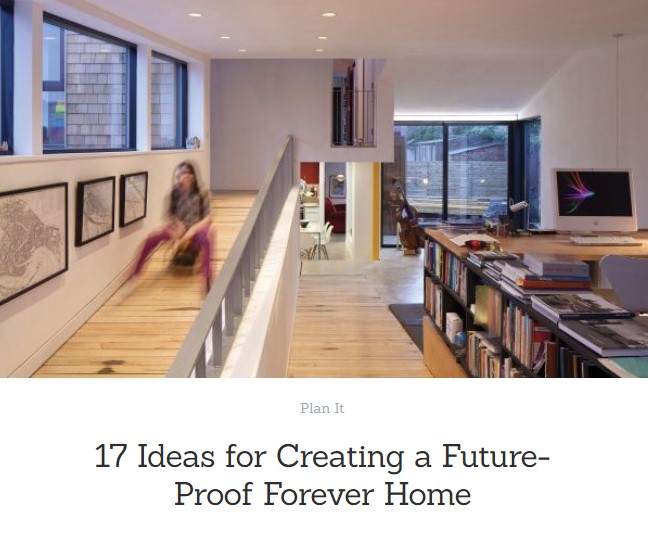
…and over here
- Our ideas around, and understanding of, quality in the built environment are poorly developed in the UK. We will buy hi-fi or a car with more interest in its technical aspects than when buying a building – which is insane, given the respective values and lifespans. We built a house at the Energy World exhibition in 1986 and at the post-event feedback seminar one of the developers summed up a common concern – if benefits are hidden – like better energy performance – how do you make it “sexy”? How do you give a comfortable, cheap-to-run house higher value than a poorly-insulated one with a double garage? Well, that was unanswered then and I suspect still largely unanswered 35 years later. As a consequence developers can build whatever they can get away with and people still buy them – and there is little pressure from buyers for quality to be improved.
- The UK construction industry is thoroughly “silo-ed” – developers, builders, professionals and building users all stay well away from each other – we’ve practiced social distancing for decades! Part of the problem is the industry is set up to ensure we all want different things, and pressures to reduce costs via tendering processes and “value engineering” weaponize this into end products which suffer as a result. I interviewed a senior fella from TRADA for a thesis back when I was a student, and as a throwaway final question asked him what he thought was the key missing ingredient in UK construction? “Communication” was his response. Many years later I was part of the team building a small social housing project using a Partnering contract – where risks were shared and collaboration was hard-wired into the process – and experienced how different construction (and the buildings we build) could be if we came together and shared our skills. If we don’t? Well, look at what’s coming to light in the Grenfell Inquiry.
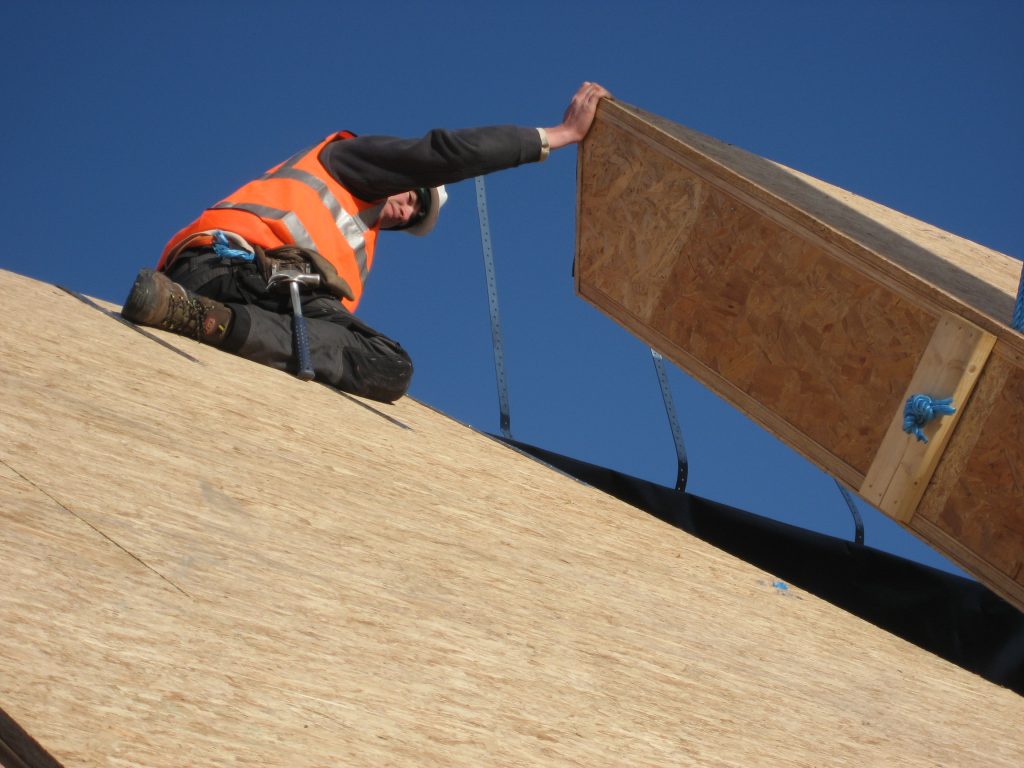
So, where does this steer my thinking around training and skills for the future? I’m not sure it’s where the CITB want it to go, but anyway… …it starts with a bit of learning from the past. Constructive Individuals – my practice – started back in the 1980’s running training courses for self-builders (see the pic at the top of this blog). We’d find an opportunity to build a house, we marketed it as a three week course, and we brought together a team who were good with people and able to help them learn quickly. All sorts of people joined us for all sorts of reasons – from small developers who wanted to get more hands-on, through to women who’d been hoodwinked by a plumber once too often. All went away with building – and buildings – to a big extent demystified. One trainee summed it up nicely – “there’s a lot more to it than I expected, but each bit is simpler”. No-one left with a qualification, but all took with them broad understanding and practical knowledge, and a confidence that they could explore and engage with buildings around them. They knew what was behind the plaster.
More recently, with My Future York, Helen and I have been thinking about climate change and its impact on how our cities function and are planned. How will we respond to climate change, and what will be the key processes? Will it be (as seems unlikely in the UK) led by policy change from above, driving legislation? Or by more local democratic processes such as citizen assemblies? Or…
Two factors which strike us as key are that firstly, future change will rely on individual behaviour change, and that we only respond individually (in any numbers anyway) when we trust that others will do the same. Secondly, democracy – in the form of discussion and agreed action – happens at street level. Conversations take place in the pub, over the fence, at the shops – at a neighbourhood level – and while we often ignore this as “just chat” it’s actually often about health, economy, life and the future. If we can engage with it, we stand a chance of building networked communities where people listen and are listened to, and where a consciously-built trust enables shared purpose among a diverse population.
So – back to buildings – what if we worked with, and developed, those neighbourhood-level conversations and networks, and cultivated conversations about a sustainable future. Can we bring into them the understanding of buildings which those 1980’s trainees gained? Can we empower people to change their own homes and neighbourhoods? Should the CITB – instead of simply thinking about how many building tradespeople we will need – think more broadly about how we might use all the resources our society has, in order to get the necessary improvement work done?
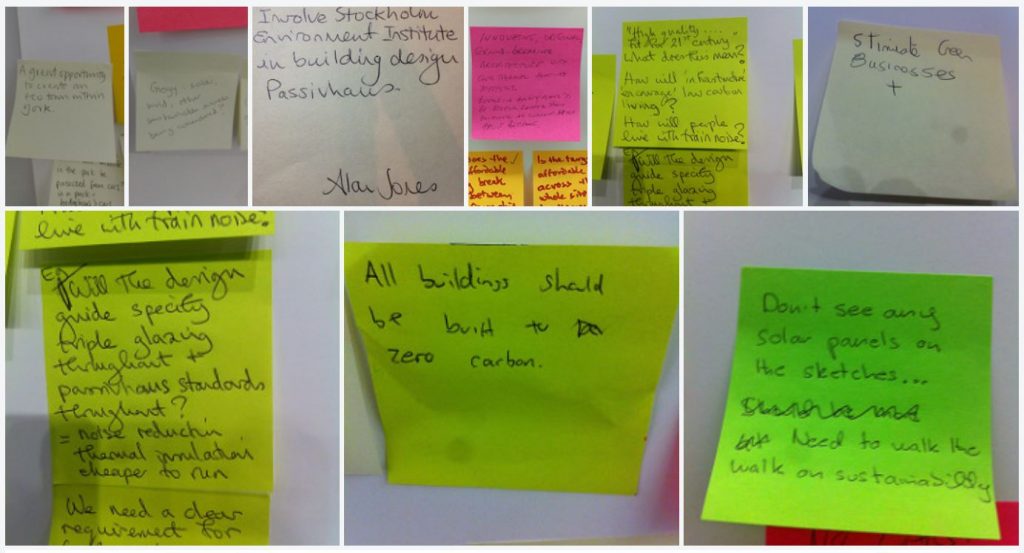
So, here’s an idea:- What if the UK construction training infrastructure were shifted in focus to work through local construction training providers to empower neighbourhoods to make their own change. To firstly gain an understanding of their homes, and how they need to change to minimise climate change and cope with its impact. To then take on the skills and knowledge to transform those homes – working collectively where it makes sense (and bringing in specialist skilled people where needed), and collectively dealing with the logistical nightmare that this scale of change brings. We may just stand a chance of transforming 29 million homes if 29 million families get involved. Is there, really, any other way?

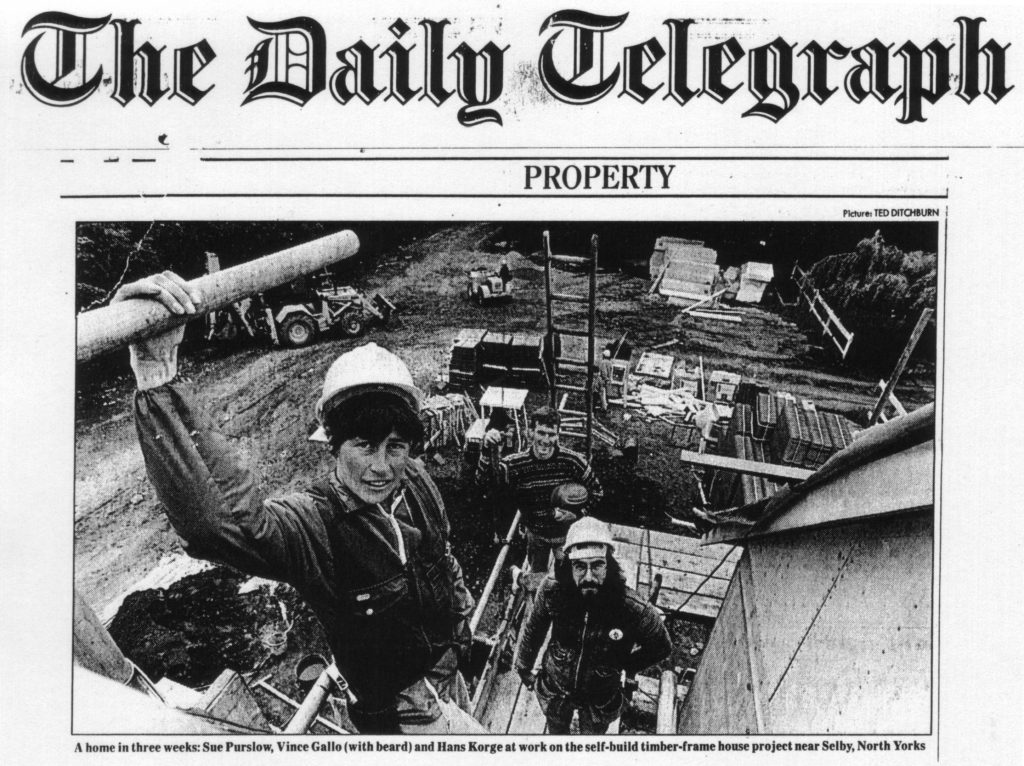
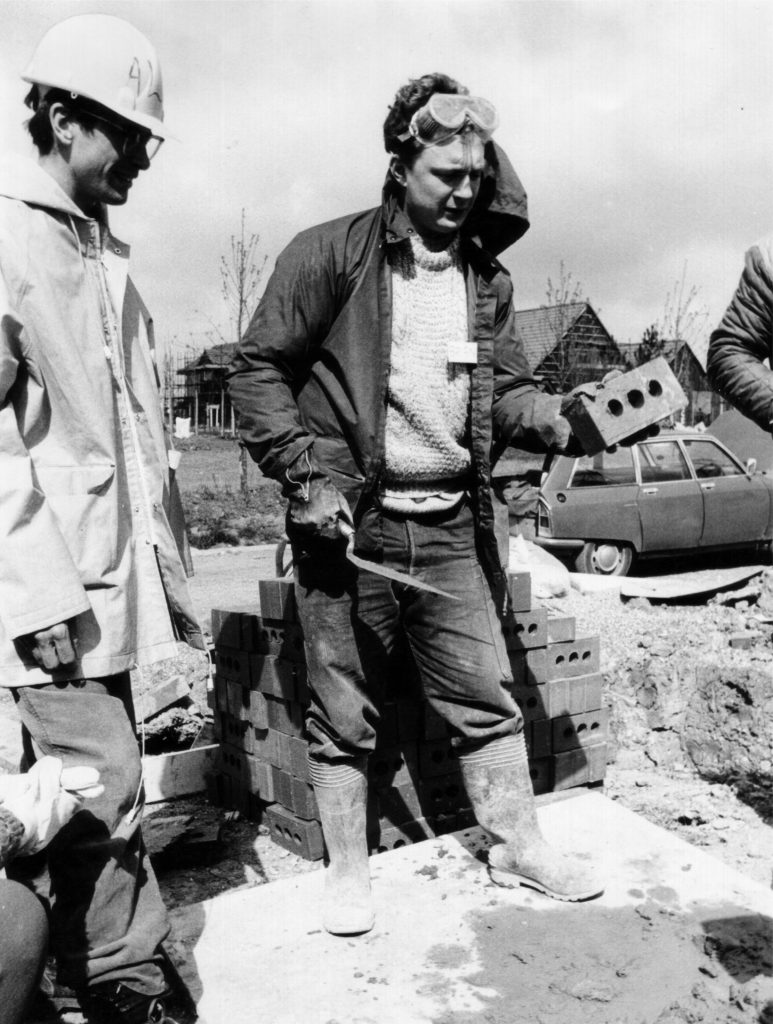
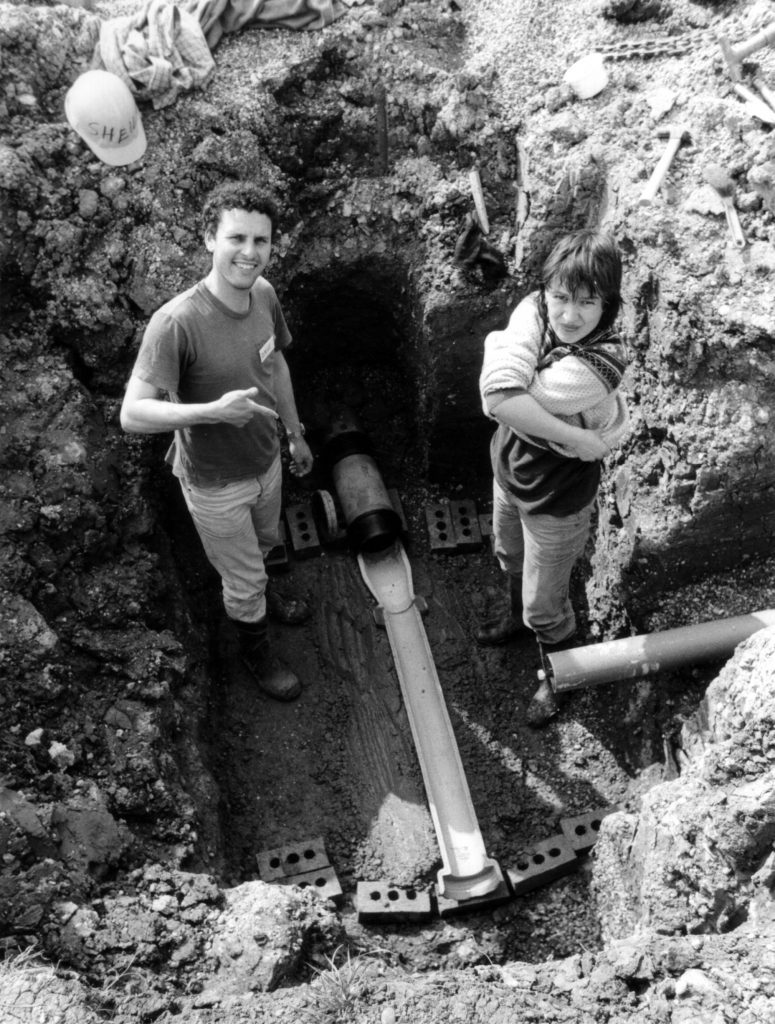
2 Responses
Very interesting reflections thanks for posting! I participated in the same research and, like yourself, drifted significantly from the ‘brief’. Feeling in a slightly rebellious and blunt mood, I spent the hour convincing the interviewer that it was not so much about needing skills for net zero as working towards shifting attitudes – my thesis being if we (collectively) don’t feel we want to or need to change, then we won’t. Which, I’ll venture, also resonates with your message? Having completed the more recent post-interview survey, the questions seem to have regressed to mundane things about plumbers and so on. This is one of the few future-looking CITB skills projects still running at the time of writing and I really hope they get something impactful out there.
Glad it wasn’t just me! Yes, that resonates. We need a massive shift in thinking and expectations, much of it around thinking of buildings as process rather than just chunks of stuff. CITB has a central role in that – potentially – but only if *they* fully embrace a broader role which is also about “buildings as process” rather than simply qualifications and jobs. We need more broad thinking and joining up of ideas which currently live in silos. If you’ve got anything blogged, I’d happily link to it from my website in that spirit of connecting ideas!
Comments are closed.